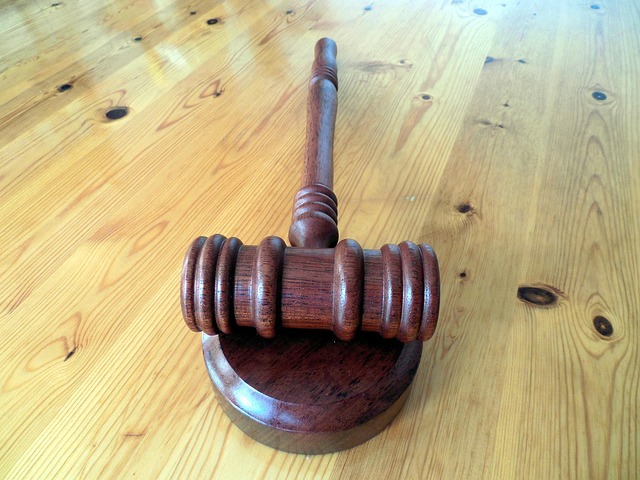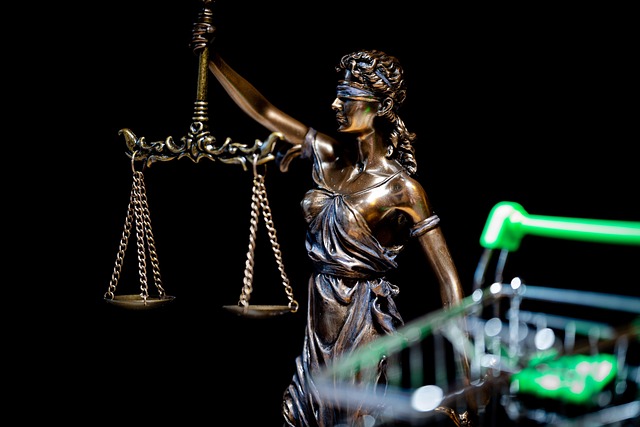In today's regulated business environment, C-Level Investigations ensure corporate integrity and accountability. The Process of Empaneling a Criminal Jury is vital for fair trials, involving diverse juror selection to represent various community perspectives. This meticulous process prioritizes impartiality and objective decision-making, crucial for achieving justice in complex cases nationwide.
In today’s complex business landscape, C-level investigations are crucial for maintaining organizational integrity. This article delves into the growing importance of these inquiries and explores the process of empaneling a criminal jury, a critical phase in legal proceedings. We examine key considerations for effective jury panel selection, highlighting its significance in ensuring fair trials. Understanding this process is vital for both legal professionals and business leaders navigating potential crises.
- Understanding the Need for C-Level Investigations
- The Role of Empaneling in Criminal Jury Trials
- Key Considerations for an Effective Jury Panel Selection
Understanding the Need for C-Level Investigations

In today’s complex business landscape, C-Level Investigations have become an indispensable tool for organizations seeking to maintain integrity and mitigate risks. As companies operate in increasingly regulated environments, both the philanthropic and political communities demand transparency and accountability from corporate leaders. This need for scrutiny extends beyond traditional financial audits, necessitating a comprehensive approach that delves into all stages of the investigative and enforcement process. By launching C-Level investigations, organizations can proactively identify and address potential misconduct, ensuring compliance with laws and ethical standards.
The process of empaneling a criminal jury is a critical aspect of these inquiries, offering a robust mechanism for holding individuals at the highest levels accountable. Across the country, legal experts specialize in guiding organizations through this complex procedure, ensuring fair and impartial trials. This meticulous process involves careful selection of jurors, thorough examination of evidence, and rigorous legal arguments, ultimately aiming to uncover the truth and deliver just outcomes. Such investigations are not merely legal exercises but essential steps towards fostering integrity within corporations and reinforcing trust across communities.
The Role of Empaneling in Criminal Jury Trials

The process of empaneling a criminal jury is a crucial step in ensuring a fair and just trial. It involves the meticulous selection of individuals from diverse backgrounds, with the aim of creating a balanced and impartial jury panel. This method, known as empaneling, plays a vital role in protecting the rights of both the accused and the victim, as it allows for a broader range of perspectives to be considered during the trial. By empaneling a jury, courts facilitate a dynamic where the philanthropic and political communities’ interests are represented, ensuring that decisions are made with a balanced view across the country.
During empaneling, potential jurors are questioned to assess their suitability, knowledge, and potential biases. This thorough process helps in achieving extraordinary results by filtering out individuals who may unconsciously influence the trial’s outcome. Through this careful selection, the court aims to create a jury that can objectively evaluate the evidence presented, ultimately contributing to a more equitable criminal justice system.
Key Considerations for an Effective Jury Panel Selection

Selecting an effective jury panel is a critical step in any legal proceeding, especially for high-stakes cases involving corporate and individual clients. The process, known as the process of empaneling a criminal jury, demands meticulous consideration to ensure impartiality, diversity, and knowledge of the legal system. Legal professionals must carefully evaluate potential jurors to identify biases, pre-conceptions, or conflicts that could skew their decision-making.
Several key considerations come into play. Firstly, demographic diversity ensures representation from various social and economic backgrounds, reflecting the community at large. Secondly, understanding the nuances of the case is vital; prospective jurors should demonstrate a grasp of legal terminology and the ability to apply it rationally. Lastly, ensuring impartiality is paramount; jurors must be able to set aside personal opinions or experiences that might influence their judgment, achieving extraordinary results in complex cases across the country.
The process of empaneling a criminal jury, or C-Level investigations, is crucial for ensuring fair and just trials. By carefully considering key factors during panel selection, legal professionals can create a diverse and impartial jury that reflects the community. This meticulous approach, involving thorough background checks, neutral questioning, and an understanding of potential biases, is essential to safeguard defendants’ rights and maintain public trust in the criminal justice system.






